News
SRI News
Corrinne Graham interviews Howard Bloom
I am proud to announce an interview with Howard Bloom, space philosopher and writer, who kindly accepted to reply to some questions about his role of Mentor of the Space Renaissance Academy.
Humanity is not forced to choose among Earth and Space, yet

An article published by Lori Garver in 2019 proposed to “forget new crewed missions in space” and “NASA to focus on saving Earth.”
I thought such an extreme position was worth to be discussed, and strongly refuted.
No Lori. I strongly disagree with you.
I am not a US citizen, but NASA is a Planet Earth’s primary space agency, therefore i am speaking as a Planet Earth’s citizen.
I am not against taking care of planetary issues, that basically would mean to follow the UN 2030 17 SDGs. All initiatives that NASA and other major space agencies could undertake, to mitigate global issues, such as climate extreme phenomena, pollution, plastic in the sea, fighting against pandemics, are more than welcome, and should be pursued.
I am 100% in favor of active initiatives (opposite to passive de-growthist “solutions”), e.g. to build dams to protect coastal towns, and eventually use the water surplus (coming from ice melting) to claim deserts. Proper space technologies can be used to support such kind of active initiatives.
But we must be aware that none of the planetary global issues can be solved, none of the 17 SDGs can be achieved, without adding the 18th SDG: to kick-off civilian space development.
The Space Renaissance Academy Mentorship Programme
Space Renaissance Academy announced its worldwide Mentorship Programme.
The Space Renaissance Academy kicked-off a very ambitious initiative: to build the greatest planetary mentorship programme.
The programme is made by two main parts:
- Students have the possibility to choose their favorite themes for graduation theses or Ph.D works.
- Mentors have the possibility to choose their favorite disciplines, on which they like to provide mentorship to students.
The SR Academy will take care of creating the link among students and mentors, for the different themes / disciplines.
We will also contact Universities, in order to coordinate this beautiful effort.
Why did Space Renaissance engage in this adventure?
In this page, the meaning, the contents and the goals of the programme are explained in more details.
The Great Objection and its Confutation
(image: the recently discovered golden asteroid, worth $700 quintillion)
THE GREAT OBJECTION AND ITS CONFUTATION
— Why we cannot solve any problems on Earth before going to space —
The original version of this article was written in 2009, and reviewed by the author in May 2020
(from the old Technologies of the Frontier www.tdf.it website)
- Before going to space, should we solve the problems here, on Earth?
- The need for growth
- The management of scarce resources is possible only by despotic regimes
- The only way is space industrialization

Before going to space, should we solve the problems here, on Earth?
Whenever we speak about human presence in space to a general audience, and quite often when we talk with specialists as well, we have to hear the Great Objection: ”Before going to space, we have to solve our problems here, on the Earth”.
As soon as we reason about it we understand that the Objection is in fact a general dialectic scheme, which consists in changing the topic, pretending that the alternative is more important and urgent and so avoiding to reply to what the speaker has said. In short, it is a sort of quite-another-ism: “The problem is quite another, the cause is quite another…”.
But the Objection is Great, because too many people use it and take it for good, therefore we must face it at once and make people understand that the truth is exactly the opposite: if we don’t go to space and we don’t do it quickly, we are destined to a bad future here on the Earth. The reason is that the Earth has a finite size, to live all well we need economic growth and already now its resources are not enough, then we have to look for resources elsewhere – that is in the immense universe out there!
Webinar on space awareness, hosted by Space Renaissance India
More than 50 participants attended to a webinar on the theme of space awareness, held Sunday June 21st 2020, by the Space Renaissance International Indian Chapter.
Bharathi Sharma and Sachika Bhatia made many sharp questions to Adriano Autino (SRI President) and Michael Clanton (SR Academy Chair), about the history and the goals of the Space Renaissance Initiative, lasting since 2008.
The SRI President had the opportunity to answer in details to questions about the journey of SRI since 2008, which are the main goals of SRI, whta is the need of space exploration vs. space settlement for humanity, the needs for alternative planets or O’Neill space habitats, why the Earth’s global problems cannot be fixed without expanding into space.
Both Adriano Autino and Mike Clanton have been questioned about the future space industry with private companies, if space commercialization will be useful for civilization progress and evolution.
The Civilian Space Protocol was briefly exposed as well and, finally, the Space Renaissance Academy Mentorship programme was for the first time publicly announced.
Themes for Graduate Theses — Disciplines for Mentorship
Last but not least, Mike Clanton had the opportunity to talk about Additive Manufacturing, as a disruptive technology, that will revolutionize the whole mechanic production, as it is already radically changing the space production of rocket engines and other space products.
You can see the whole videorecording of the webinar here:
Civilian Space Protocol Promo
A beautiful video-clip, made by Kevin Mirick, to promote the Civilian Space Protocol.
#civilianspaceprotocol
Is the surface of a planet really the right place for an expanding technological civilization?
Is the surface of a planet really the right place for an expanding technological civilization?
by A. V. Autino
While recovering the materials of the old Technologies of the Frontier website (destroyed by hackers few years ago), I came across this document: an interview by Stewart Brand’s with Gerard O’Neill, made in July 1975. In fact, it is also online on the NASA’s website https://settlement.arc.nasa.gov/CoEvolutionBook/Table_Of_Contents.HTML, and is linked from the NSS website as well.
However, reading Gerard O’Neill’s history of the development of his great idea gave me a big emotion, and I thought worth to propose it for further reflection and possible engagement today, while we are crossing our fingers, waiting for the first humans going to orbit on a private launch vehicle, the Space X Dragon Crew.
The document is now online on the SRI website, and I thought worth to include it among the space renaissance philosophy basic documents.
Here are some excerpts. Continue reading →
SRI’S PROGRAM IS NOW URGENT, IN ORDER TO END THE POST-LOCKDOWN RECESSION
SRI’S PROGRAM IS NOW URGENT, IN ORDER TO END THE POST-LOCKDOWN RECESSION

Abstract
This article discusses the urgency to start developing reusable passenger-carrying space-vehicles. Growth is necessary for quality of life, and no more growth will be possible without free space travel. Creation of new business activities is necessary, and lack of new industries is a permanent condition in advanced societies. The article also confutes the theory that economic growth is dangerous, and should be reverted, and discusses what new industries are candidates for creating tens of millions of new jobs, without destroying jobs in existing industries. The 7th major transportation technology — space travel, based on rocket propulsion – is compared to the previous 6 ones: horse-carriages, sailing-ships, trains, propeller-driven ships, cars, trucks and buses, aircrafts. Collins brings powerful arguments to sustain the rapid development of a range of reusable passenger-carrying space-vehicles, followed by orbiting and lunar commercial and industrial infrastructures. Collins also explains why the SRI’s viewpoint has now become urgent due to the “Lockdown Recession”, arguing that even before the recent “lockdown” policies, economic growth was weak in the rich Countries. And, nowadays, the 7th transportation industry should be very attractive to governments. Collins ends by a strong confutation of the two major objections to civilian space development: 1) developing a luxury service like space travel was unnecessary and wasteful 2) de-industrialization was necessary to reduce humans’ environmental impact; and the clear indication that the development of space travel services should receive at least 1/1,000 of the budget that “green” policies receive, or about 1% of what space agencies receive for their activities. A severe judgment is then pronounced on those who advocate ending economic growth due to the “dwindling resources” of Earth: they are like a small child who still believes that the house where they live is the whole world. Continue reading →
THE LUNAR EXPLOITATION INDUSTRY COULD TAKE OFF WITH SOME MORE GOVERNMENT SUPPORT
THE LUNAR EXPLOITATION INDUSTRY COULD TAKE OFF WITH SOME MORE GOVERNMENT SUPPORT
by Giulio Prisco
In my last SpaceNews Op-Ed I argued that we should build a sustainable presence on the Moon before moving on to Mars and beyond.
I stated that promising business cases for returning to and start exploiting the Moon, with reasonable funding and reasonable expectations of return, are beginning to appear. Some readers criticized me for stating this without supporting evidence (I just linked to Paul Spudis’ 2016 book). They also noted that, were this the case, space companies should be rushing to the Moon with their own money, without government support.
There is, however, a big difference between the “promising business cases are beginning to appear” and “solid business cases exist” phases. In the first phase, a few venture capitalists start investing, but most large investors stay behind to see what happens. The exploitation of lunar resources is still in the first phase, and I think public funding is still needed to bootstrap the industry.
Therefore, I think governments (and in particular the U.S. government) should continue to lead the way, in partnership with private industry, and encourage commercial partners to assume leadership when the time is right. Continue reading →
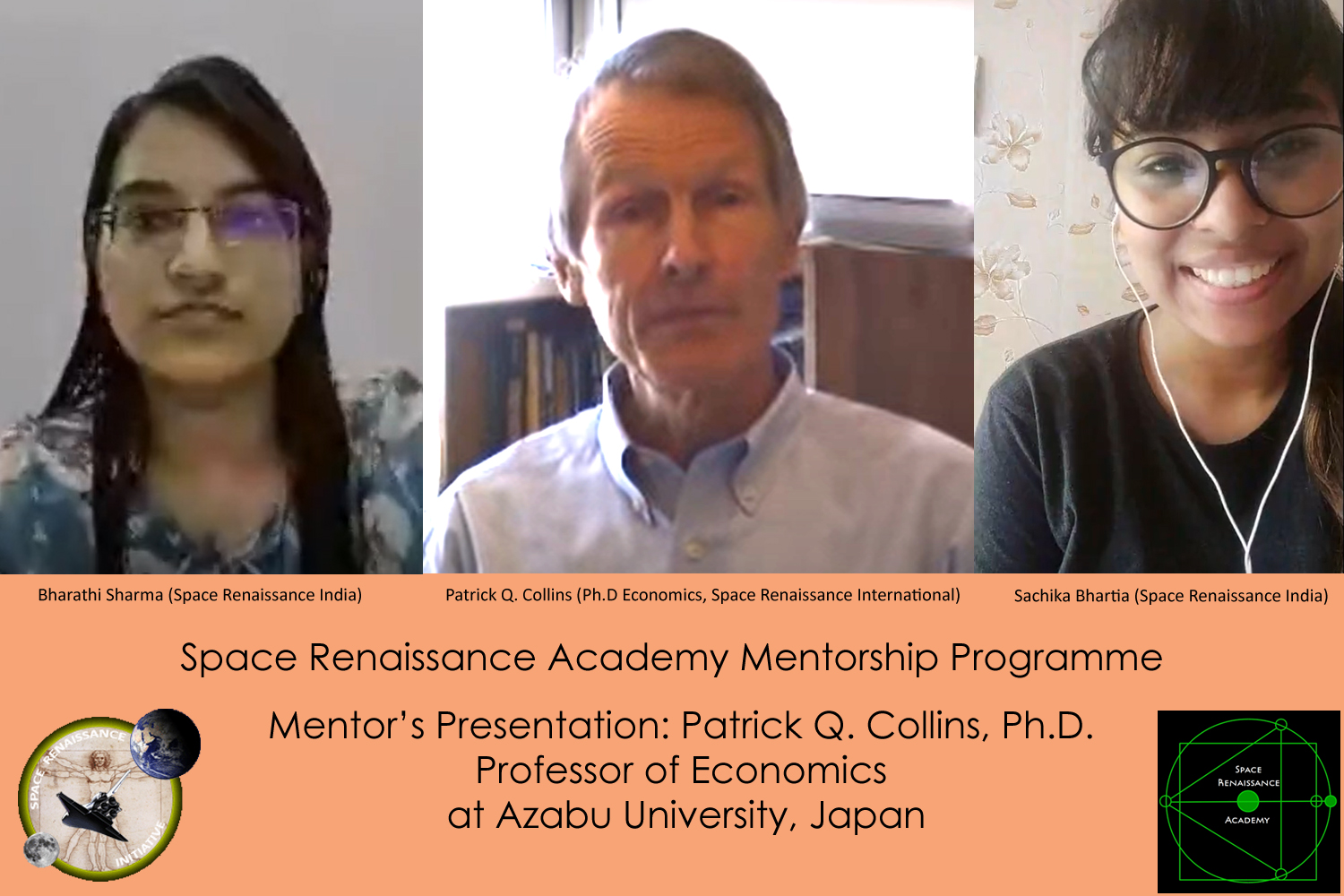
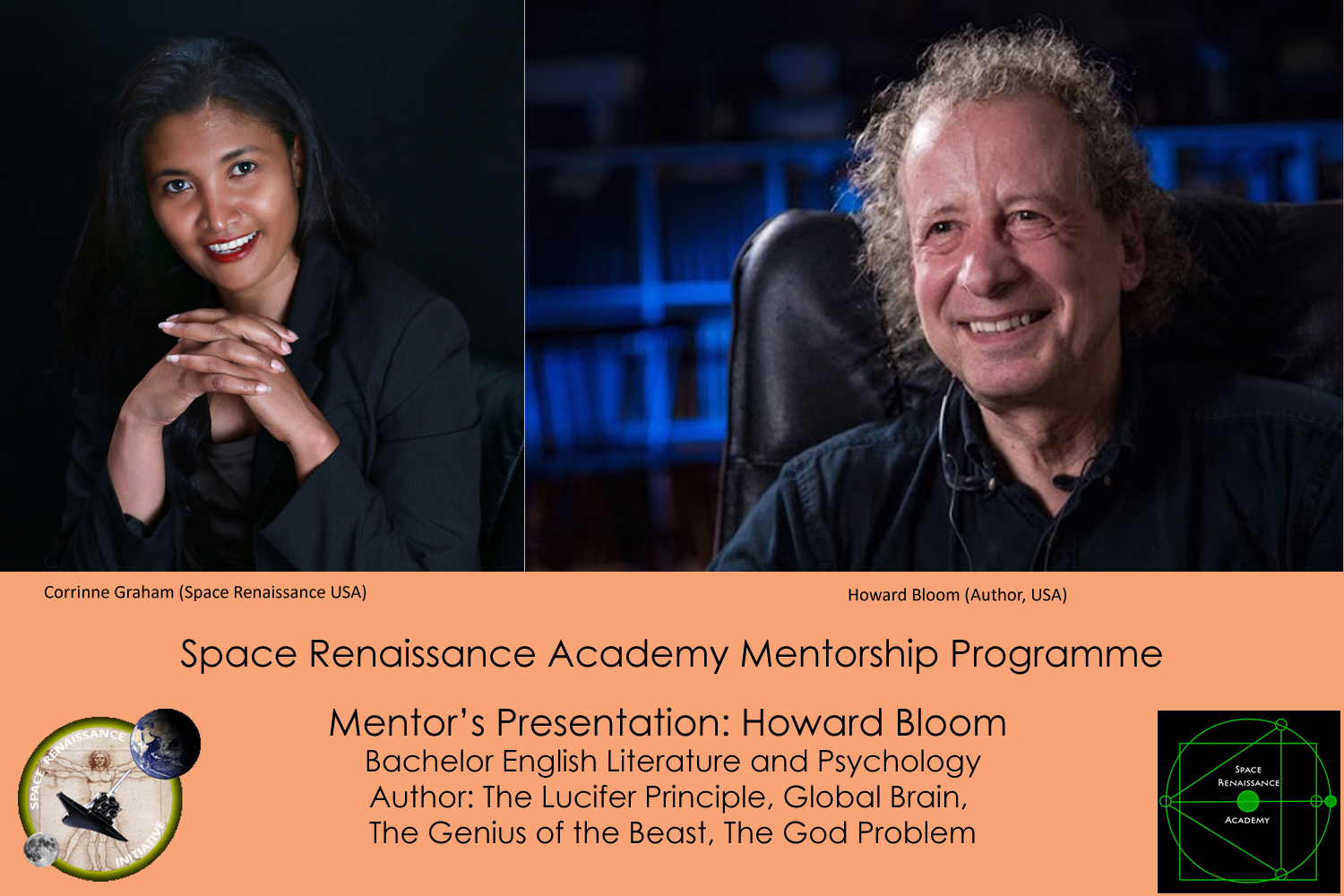

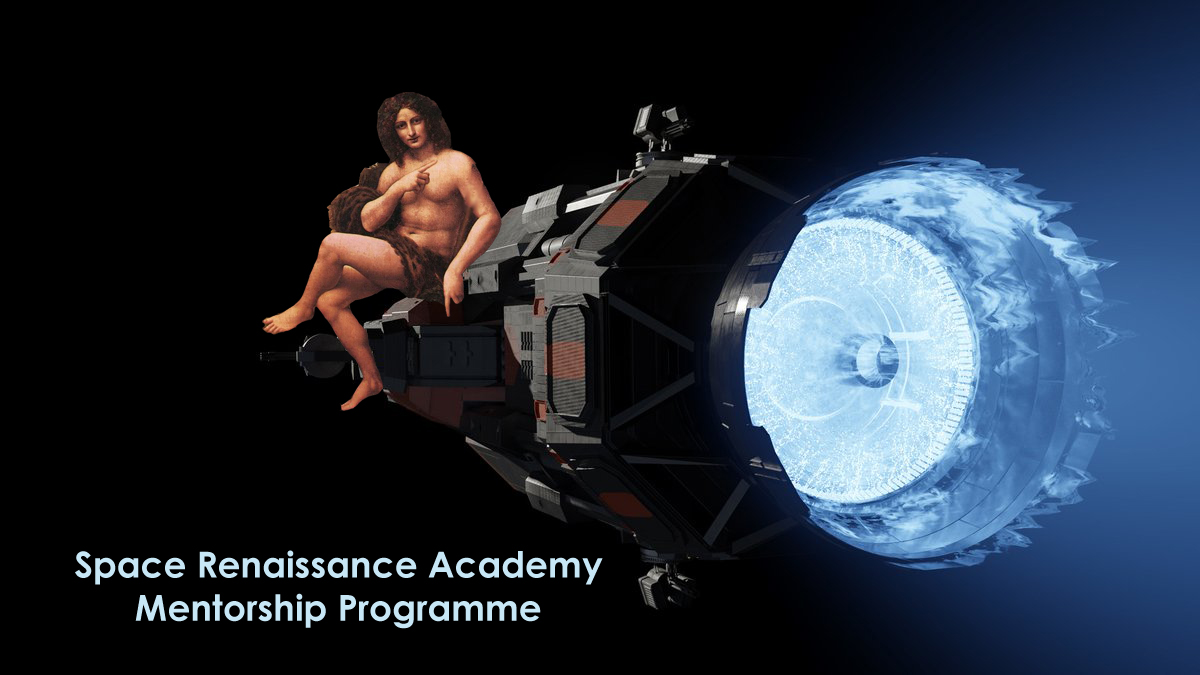
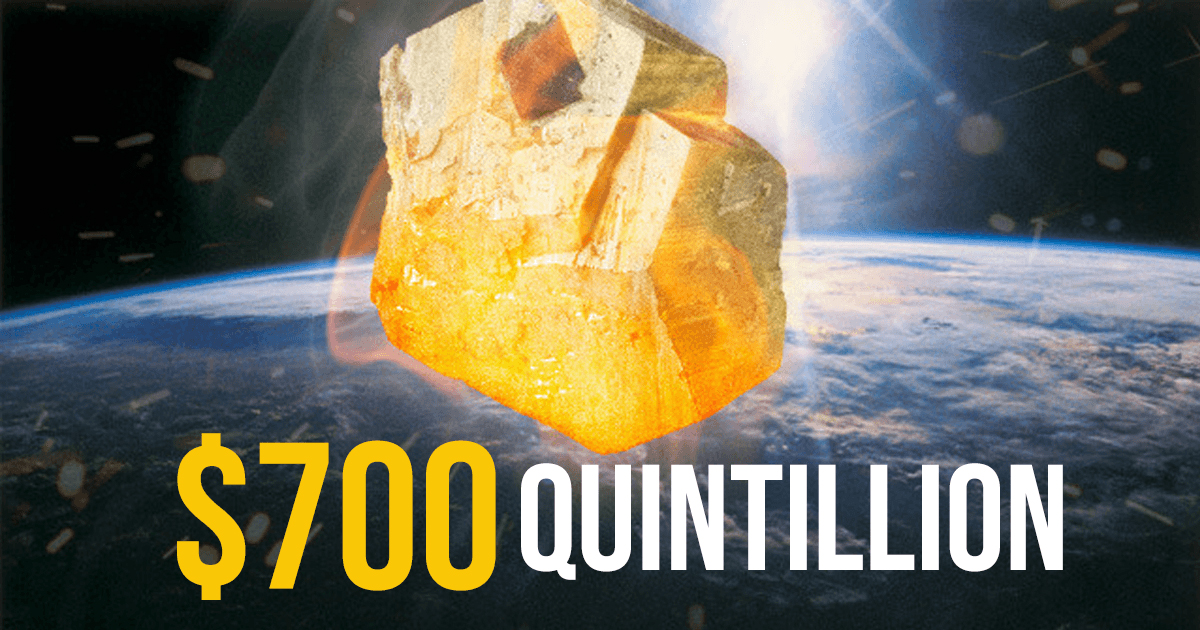
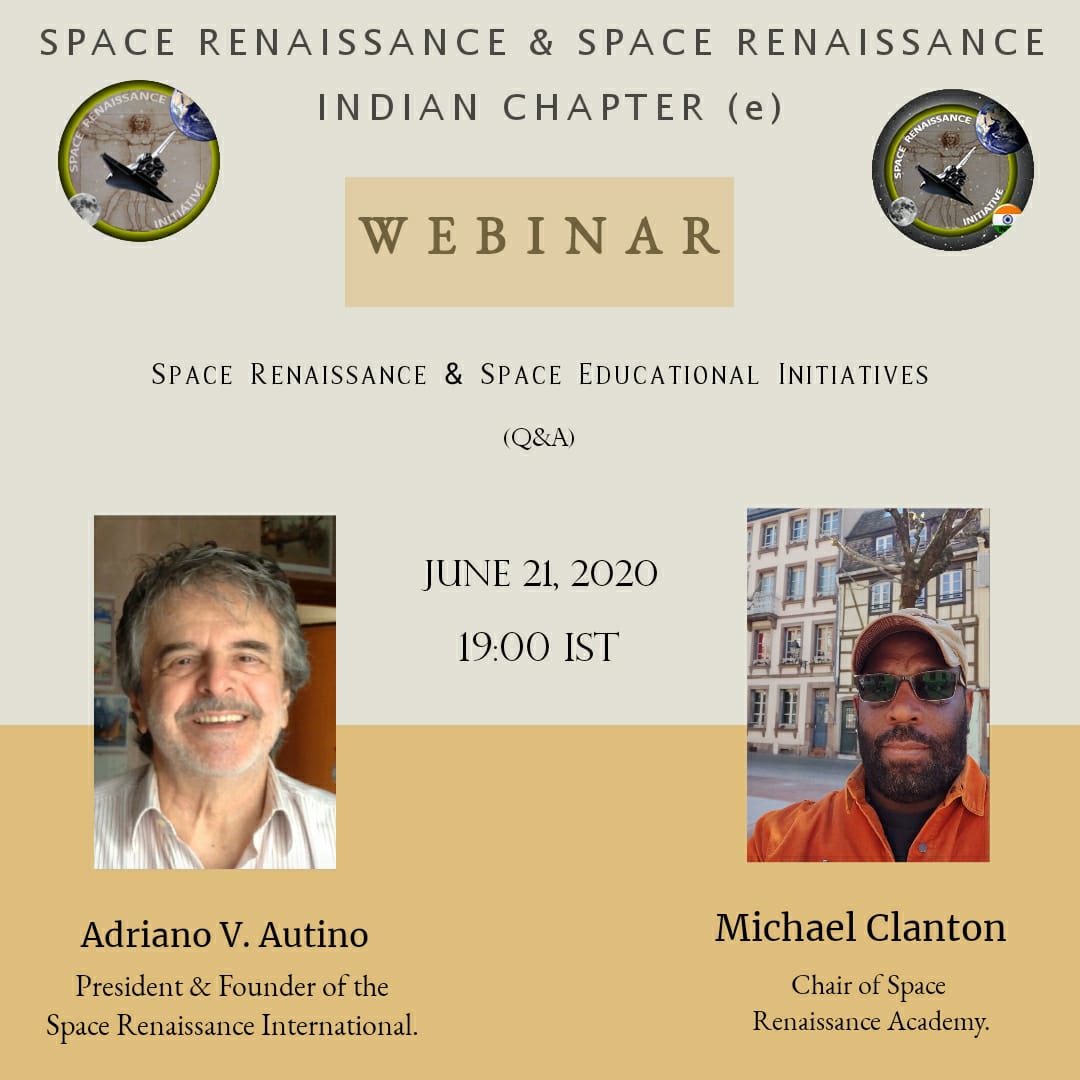
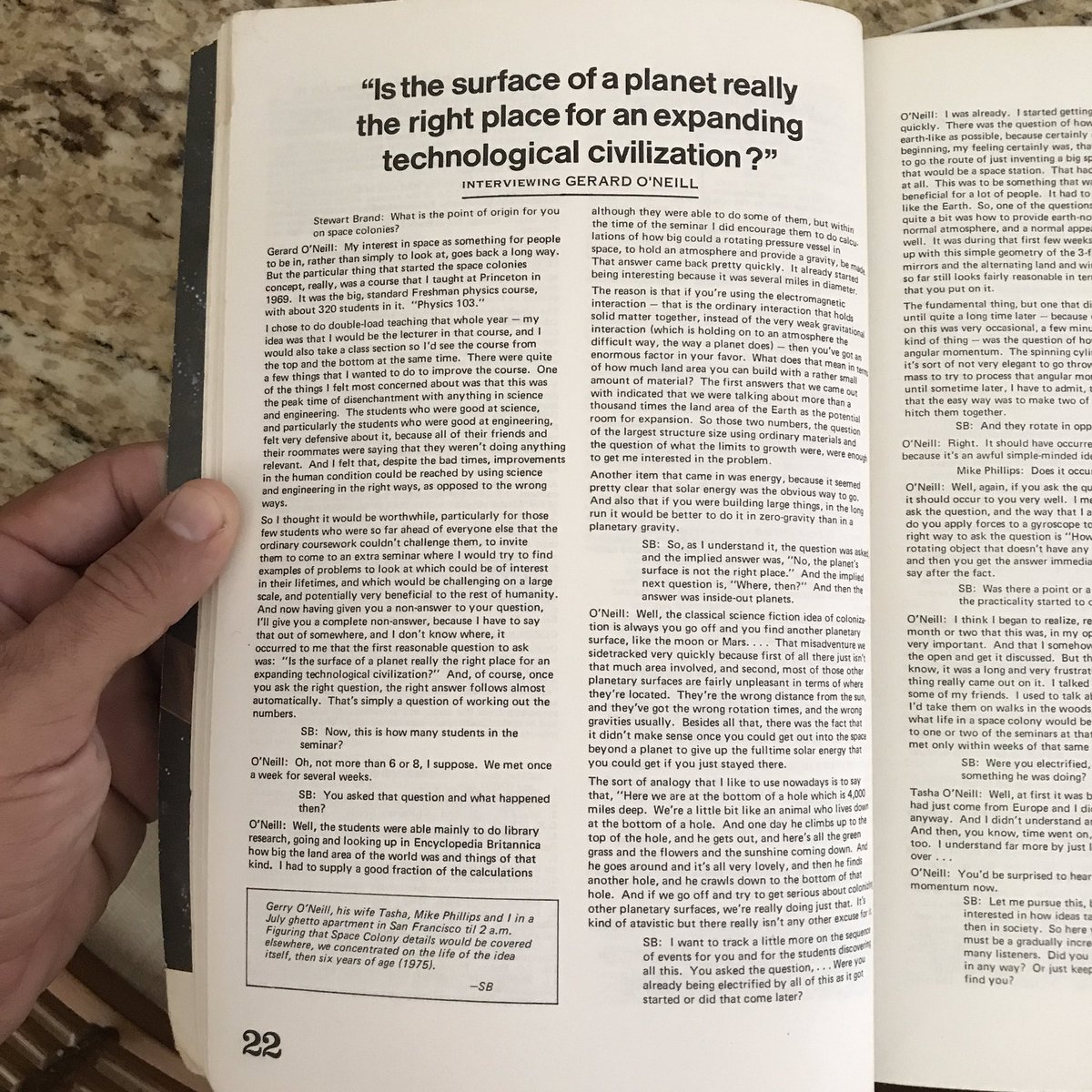
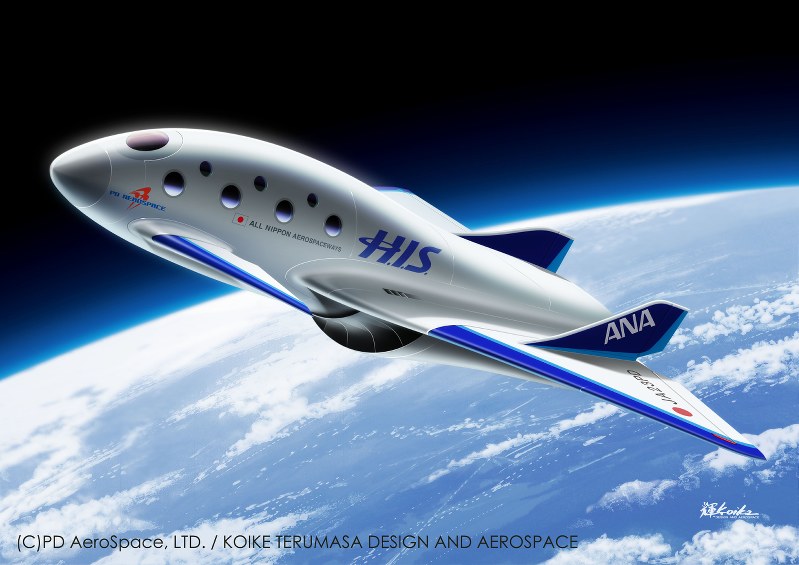



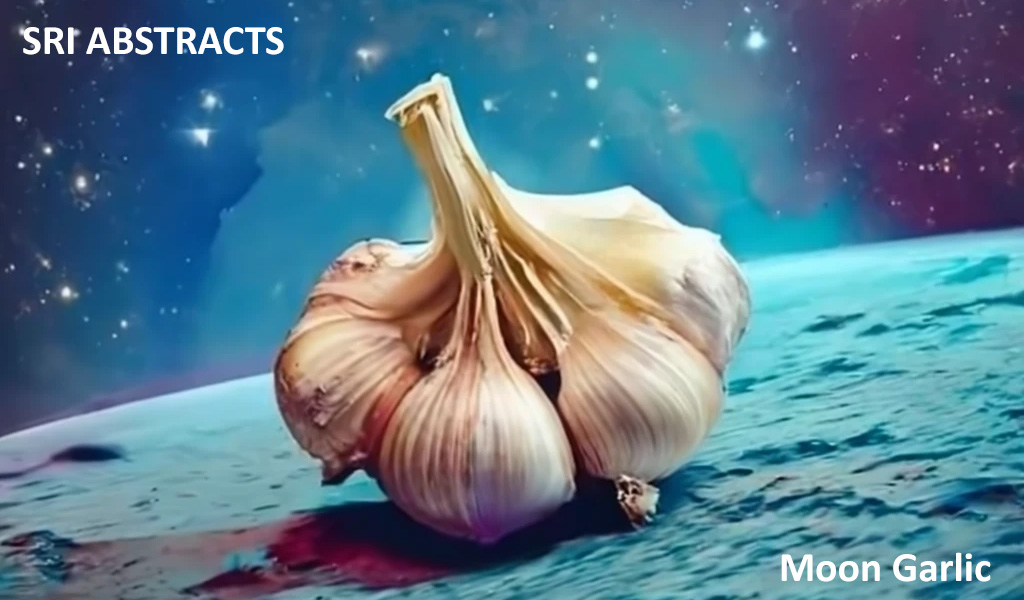





 Space Renaissance France (French Chapter of SRI)
Space Renaissance France (French Chapter of SRI)  Space Renaissance USA, Inc. (USA Chapter of SRI)
Space Renaissance USA, Inc. (USA Chapter of SRI) Space Renaissance (Italian Chapter of SRI)
Space Renaissance (Italian Chapter of SRI) Space Renaissance Academy
Space Renaissance Academy Space Renaissance Initiative Group
Space Renaissance Initiative Group